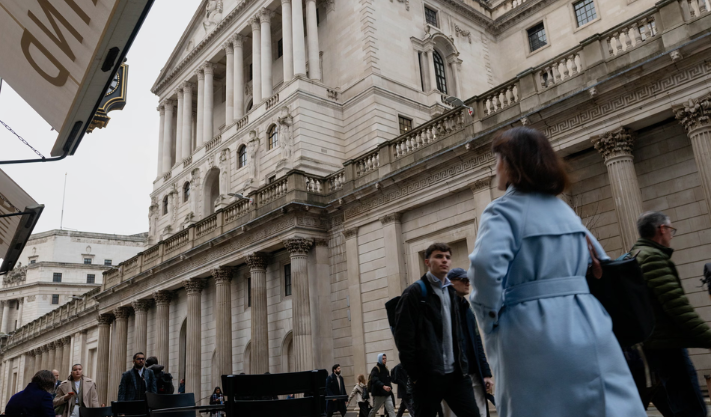Will Labour’s Tax Reform Hurt or Help Investors?
As the Labour Party positions itself to lead the UK into a new political era, one of the most hotly debated aspects of its agenda is tax reform. With a focus on wealth redistribution and fiscal responsibility, Labour’s proposals have prompted both optimism and concern—particularly among investors. The central question remains: will Labour’s tax reforms hurt or help investors?
The Key Proposals
Labour has been relatively cautious in laying out detailed tax policies, aiming to maintain economic credibility while signaling a break from austerity. However, some key elements of its tax strategy are clear:
-
Capital Gains Tax (CGT) Reform: Labour has proposed aligning CGT rates more closely with income tax rates, potentially raising the top rate from 20% to 40% or more.
-
Dividend Tax Increases: The party is also considering higher taxes on dividend income, which would affect shareholders and business owners.
-
Stamp Duty Reform: While not aimed directly at investors, potential changes to property taxation could affect buy-to-let investors and the broader real estate market.
-
Corporation Tax: Labour has backed away from earlier pledges to significantly raise corporation tax, now committing to keeping it at 25%, in line with current levels.
Potential Negative Impacts on Investors
From an investor’s standpoint, the most direct threat lies in the proposed changes to capital gains and dividends. Aligning CGT with income tax could significantly reduce returns on long-term investments, especially for high earners. This could discourage risk-taking and dampen activity in equity markets, particularly among angel investors, venture capitalists, and those in the private equity space.
Similarly, increased taxation on dividends could lead investors to reassess portfolios, shifting away from income-generating assets and potentially reducing liquidity in UK equity markets. For landlords and property investors, increased taxation—whether through CGT or stamp duty—could lead to reduced margins and slower investment in housing.
The cumulative effect might be a chilling of investment appetite, particularly among domestic investors. Pension funds, ISAs, and other long-term savings vehicles could see lower net returns, which may affect ordinary savers as well.
Possible Upsides
However, Labour’s tax reform isn’t necessarily a death knell for investors. The party has repeatedly emphasized its commitment to economic stability and growth. Public investment in infrastructure, education, and green energy—central to Labour’s economic plan—could stimulate sectors that benefit investors in the medium to long term.
Moreover, if Labour’s tax reforms succeed in reducing inequality and bolstering consumer demand, the broader economy could grow more sustainably. For long-term investors, a more stable economic environment with healthier demand might offset the hit from higher taxes.
The Verdict
Whether Labour’s tax reform will hurt or help investors depends largely on your investment horizon and risk tolerance. In the short term, higher capital and dividend taxes may reduce returns and shift asset allocations. But over the long term, a more equitable and investment-friendly economic environment could emerge, offering new opportunities.
For now, investors should stay informed, diversified, and prepared to adjust strategies. The real impact of Labour’s tax policies will only become clear with time—and with the detail that is yet to emerge.
Published: 7th August 2025
For more article like this please follow our social media Twitter, Linkedin & Instagram
Also Read:
How to have a perfect body shape for female
Stamp Duty 2025: Key Updates for Buyers and Investors
Storm Floris to Hit UK – Travel Disruptions Expected























